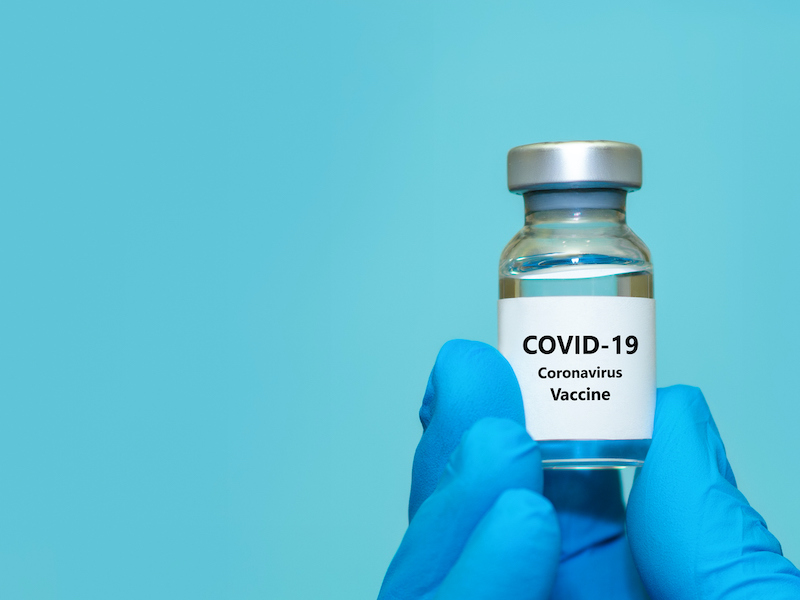Maja Pawinska Sims 04 Jun 2021 // 10:45AM GMT

LONDON — A new global study of the mainstream media in 12 countries shows Covid-19 vaccination hesitancy is directly linked to communications from government spokespeople and political leaders.
The ‘Trust in Covid-19 Vaccines’ report, from media intelligence firm Carma International, shows that gaps in take-up around the world are driven not just by drug supply and logistics, but by confidence in vaccination, based on clarity, consistency, and certainty of communications – or the lack of all three.
The report was based on a combination of media monitoring and analysis, search data and market research. It looked at top vaccine manufacturers Pfizer, AstraZeneca, Moderna, Johnson & Johnson, Sputnik V, Sinopharm and Sinovac, uncovering sentiment, leadership and trust by region.
Carma examined how the mainstream media in 12 countries across North America, Europe and Asia portrayed the adoption and roll-out of Covid-19 vaccines in the critical four-month period between December 2020 and April 2021.
The report found that while in the US, journalists were most likely to turn to pharmaceutical companies for comment, government officials were first choice in France and Germany. Asia was the most prominent in using government spokespeople in its commentary, while coverage in Saudi Arabia and the UAE had the most positive sentiment in media reporting of quotes from politicians.
Much of the misinformation in Europe centred around concerns pertaining to AstraZeneca and alleged fatal blood clots. Carma’s research indicates that trust in the AstraZeneca vaccine decreased significantly from December to March, coinciding with a flurry of statements from European political leaders and public health officials, including French president Emmanuel Macron, who labelled the vaccine as “quasi-ineffective in the over 65s”. AstraZeneca recently hired BCW to rebuild trust.
Over 40% of headlines used emotive language in both France and Germany, and over a quarter in the UK, with articles about AstraZeneca and Pfizer accounting for 70% of emotive headlines.
The report found that commentary on potential side effects corresponded with increasing concerns from European populations about the vaccines. While French distrust towards AstraZeneca reached 61% in March, positive messaging and a sense of national pride the UK saw levels of distrust at just 9%.
Carma also looked at Google search data, which found that while searches for blood clots, thrombosis and deaths peaked in the UK, France and Germany in line with negative media coverage, overall trust and vaccine take-up remained higher in the UK than elsewhere.
The report was curated by Carma’s co-managing partner and CEO Europe and Americas Richard Bagnall. He said: “This report identifies how much the actions and communications of spokespeople and our leaders matter, and how getting it wrong can have significant consequences.
"The report demonstrates that misinformation does not exist only in the dark corners of the digital social sphere, reaffirming that our leaders and all those we look up to have a critical part to play. How governments and their leadership behave, how they communicate, and how the media reports has a significant on public perception and behaviour. It is clear that effective communication has never been more important – hard won trust that can take a long time to generate, but can be damaged and lost in moments.”
PRCA director general Francis Ingham added: “In the months since vaccines were approved, we have seen the enormous impact of government messages. The difference between inconsistent or negative messaging, those with agreed core messages, and the correlation with vaccine take-up highlighted in this report. In an era where all of us can be publishers and authors, and where ironically public scepticism has never been higher, the power of direct and authentic communication has never been greater.”


































.jpg)

















